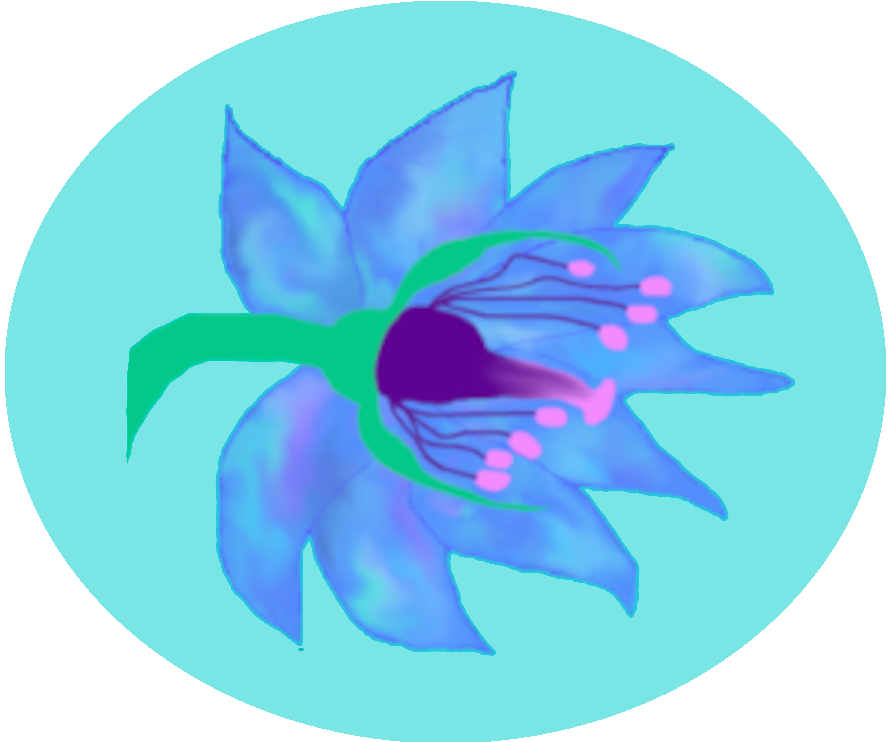Sónius Fulgéssus Lengo
A short introduction
With regret one begins to write a chapter about the most accomplished, Sónius Fulgéssus Lengo, as only an entire scroll would do justice him, who wrote our history, our very fatherland.- Ávius Hirsius Larsa in Poets of the Past
Family background and personal life
"Maestre, maestre, did Sónius write something besides the Paridis?"
"Of course - Kó flús claríssus or Lituí clúint porriú próiá or Fériátí nós come to mind."
"I heard about something with a beaker as well and also Through the clo...."
"By the gods, your mouth shall be closed and nothing come through about that!"
- A student and a teacher during class
Works
Úquádó luscinnula in Tarrabaenian |
Translation |
|---|---|
| Úquádó luscinnula intibicantórat súter et implicátur lúné lús stellé splendré. Ó ávis in fronde viríde velátá nébula lís. Age penniculáta perinsibilá amatóré híc. Tene amatóré studiósé ventram horam sciditís. Nam lepidíma humús nótra scitulát dieí sed pressitat ingravitat nótra praecordia umbré. Fídés dát prossús homo nóis et ager id ad tempus. Fundere nóis arás est dátricis lós. Ita ornant nós fere dacria. Ávis et noitú mónét cordé: Patria bella sed orba sine fámiliáte amícís. Ávis arát et donút isa síc et adaecat et hominís. |
Once a nightingale wistled underneath moon and stars, engulfed by their shine and splendor. Oh bird, you're sitting in emerald leaves amidst the misty fluff. On, featherbearer, entice your lover to come hence with your song! Hold him tight, ere the coming morrow separates you! While, alas, this most beautiful of lands is fair by day, it presses and burdens our heart at night. At due time, our most closest or the land offers us hold. You be praised for the gift your song brings us. It adorns us with teary pearls. You, bird, who reminds us in the night: Beautiful is our homeland, but lonely without family and friends. You, bird, bestow a gift and are one yourself, feeling like us humans. |
Position in Tarrabaenian literary history and reception
List of Sónius Fulgéssus Lengo's known works (if underlined, only titles or fragments are extant)
First phase Lós ótunális (Praising autumn)
Oés spergentés coiís (Sheep scattered across the hills)
Murmur ríbulí (Whispering of a brook)
Óiés sasónici (Firs on a rocky patch)
Úquádó luscinnula (Once the nightingale sang a song...)
Umrae ólua (In the shade of an olive tree)
Lurulé noitis (Sounds of the night)
Kó flús claríssus (Where the spings are the most clear)
Second phase
Cótus ísplenditur (The north is lit)
Reímus trás príssió línnia (Beyond old frontiers)
Sívolúns únósse quod únórat (If on were what was one)
Órélús atínit satúrá glébá (Dawn touches upon the the entire world)
Agramus pré níoré (We shall farm by the forest)
Cíntó Mácriá óleáié (All around the olive gardens)
Lituí clúint porriú próiá (The trumpets sound farther than before)
O náta Dióvis hercií (Oh daughter of our Magnificent Protector)
Paridis
Third phase
Réstitúta vécús (Our capital is restored)
Fériátí nós (God-bestowed festivities upon us)
Sollenipíla sintillant (The ritual weapons are shining bright)
Pás peréva (Lasting peace)
Ábulássó (Strolling)
Lóticillia (Small poems accompanied by the lute)
Poculluló (My little beaker)
Váticináta varia vínária (Collection of rhymes made while drinking wine)
Porticús (The collonade)
Paraclósitiró (Through the closed door)
Fourth phase
Missicula 1-23 (Short letters 1 to 23; 2, 7, 17, 23 extant)
Missús 1-4 (Long letters 1-4; only parts of 3 and 4 extant)
O Gelú Ginátris Gela (Oh Gela, Bearer of Ice)













Great read. Very interesting to have him sneak in his position more and more to the point that it was just burned by he old sponsor :p Also quite peculiar that they kept the first one still, was probably to loved to get it removed. Also kudos for making some prose in your conlang as well!
Happy you liked it. :) Yeah, being a historical figure, the preservation of his works is not the best. The national epos and some of the propaganda-stuff of course, but with the rest it's more luck that we actually have something. There also seemed to have been an underground trade - how else would the sleazy Paraclósitiró have survived? ^^
A current addition to Samthô is my contribution to the rivers ant waterways challenge: Paunis